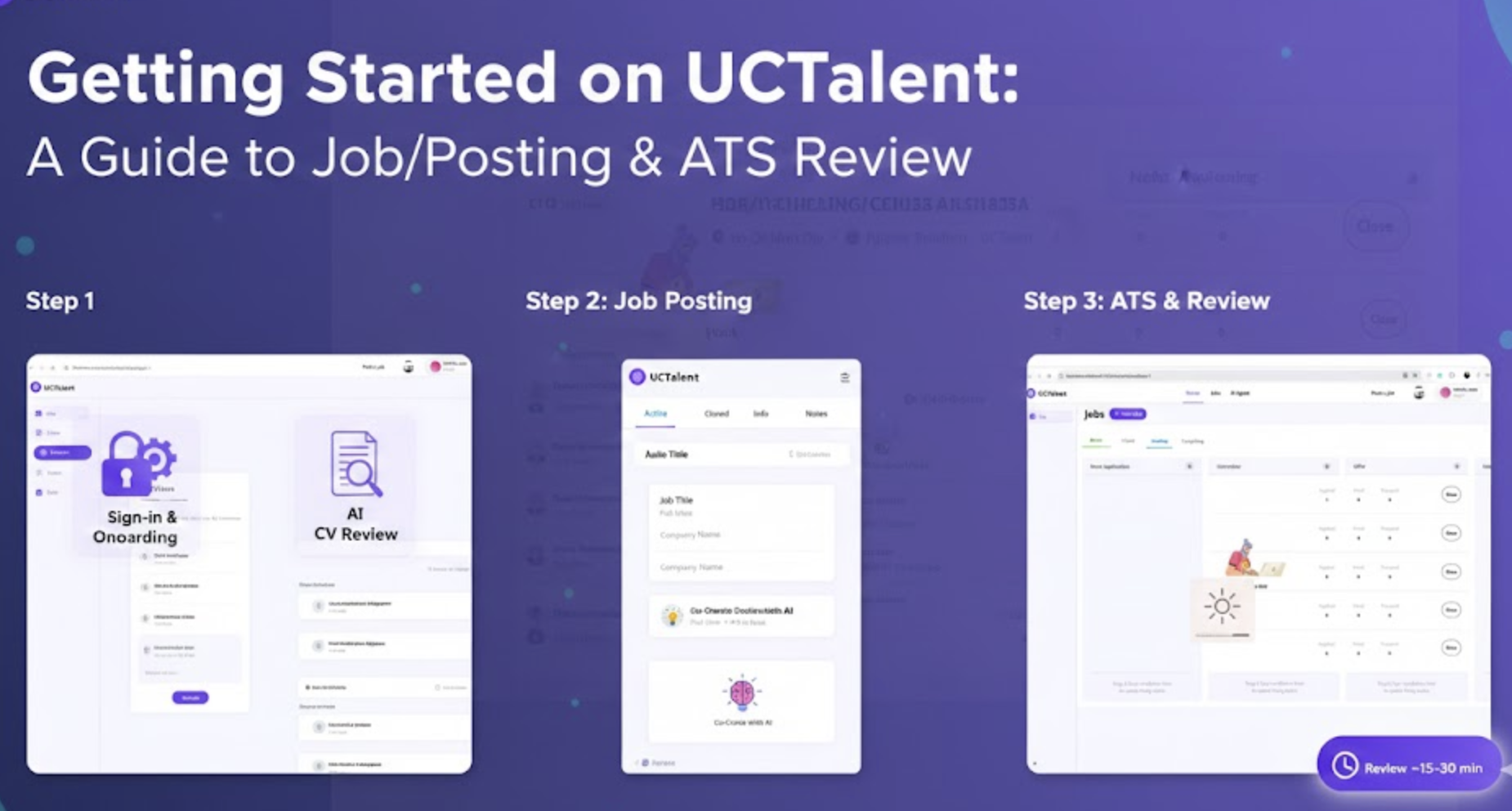Freelance vs Full-Time: Weighing the Pros and Cons of Each Career Path

In today’s rapidly evolving job market, driven by technological advancements and the shift towards decentralized platforms like blockchain and Web3, professionals are facing more choices than ever. One of the most significant decisions is whether to pursue freelancing or opt for a traditional full-time career. Both paths come with their own sets of advantages and challenges, particularly in tech-forward industries. Whether you're just starting out or contemplating a career change, understanding the pros and cons of each can help guide your decision-making process.
Freelance: Building Your Career on Your Terms
Over the past decade, freelancing has surged in popularity, with professionals in sectors such as blockchain, software development, and creative industries seeking greater flexibility and autonomy in their careers. The expansion of digital platforms and the shift towards remote work have further fueled this movement. In the rapidly growing fields of Web3 and blockchain, where specialized expertise is highly sought after, freelancing presents exciting opportunities, though it also comes with its own set of challenges.

The Pros of Freelancing
- Work-Life Balance
For many freelancers, the ability to control their workload is a key benefit. If maintaining a strong work-life balance is important to you, freelancing allows you to scale your workload up or down based on personal or family needs. You can also avoid the stress of commuting and office politics, leading to improved mental well-being.
- Freedom and Flexibility
Freelancing is often associated with unparalleled freedom. You get to decide your own hours, choose your workspace and take on projects that align with your passions. For blockchain developers, marketers or consultants, this flexibility can mean the ability to explore cutting-edge projects or travel while working remotely. If you’re someone who values autonomy, freelancing is a clear choice.
- Diverse and Varied Work Opportunities
One of the greatest benefits of freelancing is the opportunity to work across multiple industries or with a wide range of clients. Blockchain and Web3 are still emerging sectors and freelancers in these fields often get the chance to work on various innovative projects, from decentralized applications (dApps) to NFT marketplaces and smart contract development. Each project adds to your portfolio, enhancing your skill set and broadening your professional network. - Earning Potential
Freelancers have the ability to set their own rates, which means there's often the potential to earn significantly more than in a traditional job, especially when working on specialized or high-value projects in blockchain and tech. With the right reputation and skill set, you can command premium rates, particularly if you work on-demand services like smart contract auditing or blockchain consulting.
The Cons of Freelancing
- Income Instability
While the earning potential is high, freelancing often comes with fluctuating income. Without a steady paycheck, there may be months where work is abundant and others where it's hard to secure contracts. In industries like blockchain, where projects can be volatile, this unpredictability is something every freelancer must be prepared to manage. - Lack of Benefits and Security
Full-time employees often have access to comprehensive benefits packages, including health insurance, paid leave, retirement savings plans and more. Freelancers, however, must cover these costs out of pocket, which can be particularly expensive in countries like the U.S. where healthcare costs are high. Without a company to provide a safety net, freelancers are responsible for securing their own insurance and retirement savings. - Client Acquisition and Self-Marketing
As a freelancer, you’re not just doing the work, you’re also responsible for finding it. Marketing yourself, building a client base and ensuring a steady stream of projects can be time-consuming and stressful. For freelancers in niche sectors like blockchain, it may take time to establish a reputation and get consistent work. - Loneliness and Isolation
Freelancers often work independently and while this can offer freedom, it can also be isolating. The lack of daily interaction with colleagues or the absence of a supportive team can be tough, especially for individuals who thrive on collaboration. The sense of isolation may be even more pronounced for freelancers working on specialized Web3 projects, where they may not have peers who fully understand the technology or industry they’re engaged with.
Full-Time Employment: Stability and Career Growth
Although freelancing provides freedom and flexibility, many professionals still favor traditional full-time employment. Full-time positions offer stability, structure and a defined career path, making them attractive to those seeking long-term growth. In the blockchain and tech industries, full-time roles often involve working with innovative companies, providing opportunities to collaborate on major projects, hone your skills and advance your career.

The Pros of Full-Time Employment
- Financial and Job Security
One of the primary advantages of full-time work is the stability it offers. Full-time employees receive a regular paycheck, which makes personal financial planning much easier than the unpredictable income of freelancing. Additionally, full-time employees often enjoy benefits like health insurance, retirement plans, paid vacation days and sick leave, perks that can significantly reduce financial stress. - Clear Career Development and Opportunities for Advancement
Full-time employment often comes with a structured career path, mentorship opportunities and professional development. If you’re someone who values long-term growth and promotions, many organizations offer upward mobility, making it easier to climb the career ladder. In blockchain or Web3 firms, for example, being part of a company’s core team can also open doors to leadership roles, especially as the industry expands. - Team Collaboration and Networking
Many people thrive in environments where they can collaborate and interact with others regularly. Working in a full-time role means being part of a team, which fosters communication, creativity, and relationship-building. Being a part of a company allows employees to network and work alongside like-minded innovators, which can be essential for long-term career growth. - Work-Life Boundaries
Unlike freelancing, where the lines between personal time and work can blur, full-time jobs tend to have more defined work hours. This clear boundary can prevent burnout and help employees maintain a healthier work-life balance. Many companies also offer flexible working arrangements or remote work options, allowing for a mix of stability and flexibility.
The Cons of Full-Time Employment
- Limited Flexibility
Full-time jobs often come with fixed working hours and location requirements. Although remote work has become more common, many companies still expect employees to adhere to a set schedule. For those who prioritize freedom in how they manage their time, this can be restrictive. - Lack of Autonomy
In full-time roles, employees may not have as much control over the projects they work on or the direction of their career. Decisions may be made by upper management, which can limit creativity and autonomy. In a blockchain firm, for instance, you may find yourself working on projects that don’t align perfectly with your personal interests or skill set. - Possibility of Burnout
With full-time employment comes the potential for burnout, particularly in high-pressure industries like tech. The constant drive to meet deadlines, push boundaries and achieve results can take a toll on mental health. Unlike freelancers who can adjust their workload, full-time employees are often bound by the expectations of their role.
Choosing the Right Path for You
Both freelancing and full-time employment have their merits. If you’re someone who values freedom, diverse experiences and higher earning potential, freelancing in the blockchain and Web3 industries might be the right choice. However, if you’re looking for stability, benefits and a clear career path, full-time employment could be more suited to your goals.
Explore More:
- How to Launch Your Web3 Career: A Beginner's Guide
- A Beginner’s Guide to Smart Contracts
- 5 Factors to Choose the Right Company for Personal and Professional Growth
At UCTalent, we support professionals on both career paths. Whether you’re a freelancer looking to build your portfolio or a job seeker interested in full-time opportunities in blockchain, we’re here to help.
- Get your personalized career assessment and development plan by Discover new roles, learn from industry experts, and shape your future in the blockchain space.CAT bb







.png)




